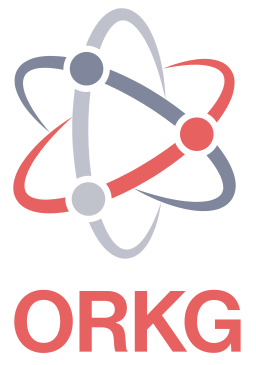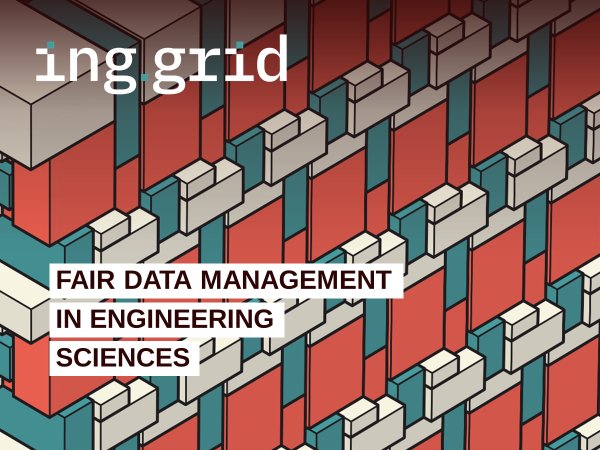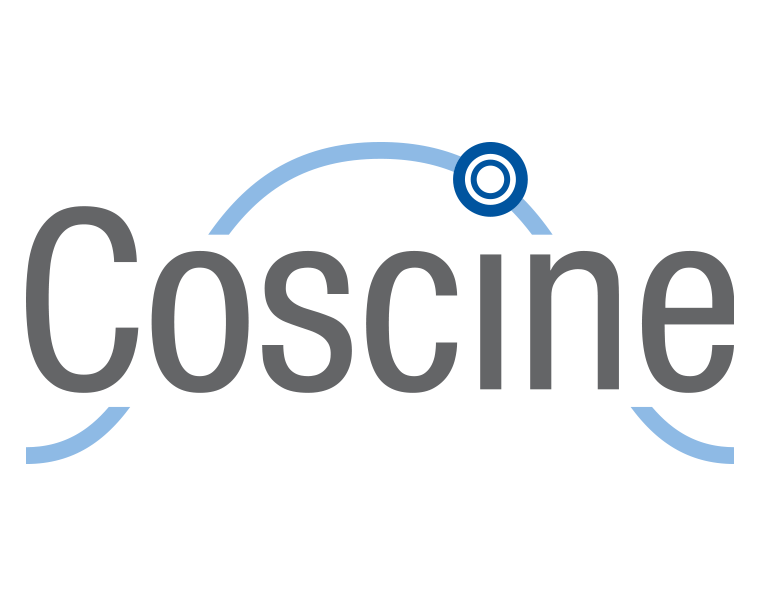
Alex’ Knowledge Base
Alex’ Knowledge Base offers a clear and practical entry point into the work of the NFDI4ING task area addressing challenges connected to one-of-a-kind, highly-variable experiments. It not only showcases the developed tools and services but also provides helpful guides and workflow recommendations. It’s a useful starting point for researchers fitting the Archetype Alex looking for support in navigating their research data management tasks.




